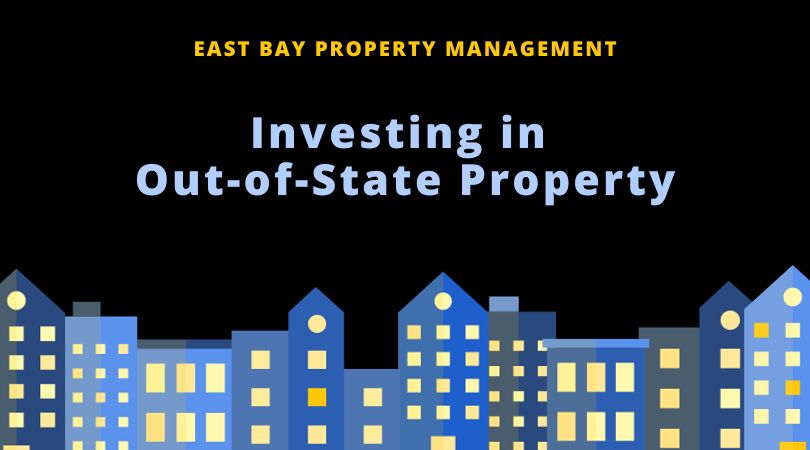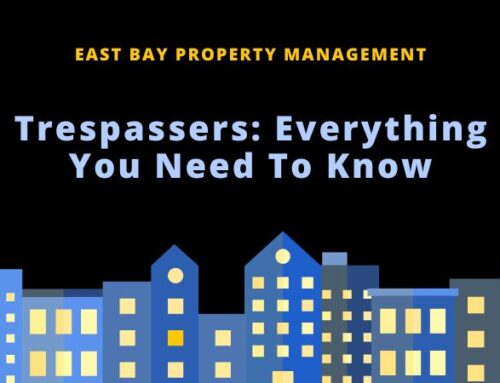Investing in rental properties can be lucrative and rewarding, especially if you choose the right location to invest in. However, sometimes, the best opportunities are not in your home state. As a rental property investor, expanding your portfolio beyond your local market by considering out-of-state properties can offer a wealth of potential benefits.
Reasons to Buy Out-of-State Property
To be a successful investor, you need to consider the possibility of investing outside of your home state if there are profitable opportunities available. Here are a few reasons why you should consider investing in out-of-state real estate:
Diversification of Investment
Diversifying your real estate portfolio across different markets can help mitigate risks associated with economic fluctuations and local market conditions. Investing in out-of-state properties allows you to spread your investments across multiple geographic regions, reducing your exposure to a single market’s ups and downs.
Attractive Rental Yields
Out-of-state properties can often offer higher rental yields compared to your local market. This is particularly true in cities or regions where the cost of living is lower, or the demand for rental properties is stronger. These higher yields can significantly boost your cash flow and return on investment.
Economic Growth and Population Trends
When choosing an out-of-state property, consider regions with strong economic growth and population trends. Areas with job opportunities, low unemployment rates, and population growth are more likely to have a stable and growing rental market.

Analyze market indicators, such as job reports, demographic trends, and infrastructure developments to make an informed choice.
Property Affordability
Out-of-state properties are often more affordable than those in hot markets closer to home. This affordability allows you to purchase multiple properties, diversifying your investments further. Additionally, it can be easier to find properties that fit your budget while offering attractive rental income potential. Financing the investment might be easier.
What To Do Before You Buy Out-of-State Property
While investing in out-of-state properties offers numerous benefits, it comes with the same risks (sometimes, even more) as when you’re investing in your home state. To mitigate these risks, it’s important to be cautious and prudent when making a decision. Here are a few things that you should do before you buy an out-of-state property:
1. Research the Target Market
Thorough research is key to making successful out-of-state property investments. Start by identifying the cities or regions you are interested in. Research their job markets, population growth, rental demand, and the overall economic stability of the area.
Consider factors like local schools, amenities, and quality of life, as these can affect the property’s appeal to potential tenants.
2. Local Real Estate Market Conditions
Study the local real estate market in your target area. Look at property values, rental rates, and vacancy rates. Consider working with a local real estate agent who can provide insights into the market conditions and help you find the right properties.
3. Legal and Tax Considerations
Before making an out-of-state property investment, consult with a local attorney or tax professional to understand the legal and tax implications. Different states have varying regulations, property taxes, and landlord-tenant laws.

It’s essential to ensure you comply with local regulations and to understand how they might affect your investment.
4. Property Management
Hiring a reliable property management company is crucial when you are not close to your investment property. A good property manager will handle day-to-day operations, such as tenant screening, maintenance, and rent collection.
Ensure that your property manager is experienced in managing out-of-state properties and has a good track record.
5. Due Diligence
Perform a thorough due diligence process before buying any property. Visit the area, inspect the property, and conduct a detailed inspection. Evaluate the property’s condition, potential for appreciation, and the neighborhood’s overall appeal.
How to Make Out-of-State Property Work
The most important thing that you should do to make your out-of-state investment work is to hire a reliable property management company that can perform the day-to-day tasks on your behalf.
Make sure to choose a property manager who has expertise in the local market and sufficient experience managing the kind of rental property that you plan to own.
On top of that, the following tips are also helpful:
Build a Network
Building a strong local network is vital for the success of your out-of-state property investments. This team may include a real estate agent, property manager, attorney, and a reliable contractor. These professionals will help you navigate local regulations, handle property management, and perform necessary repairs and renovations.
Keep Communication Lines Open
Leverage technology to stay informed and in control of your out-of-state properties. Keeping your communication lines open can help you efficiently manage your investments remotely.

Regular communication with your property manager and local team is essential to ensure that your properties are well-maintained and tenanted.
Have Long-Term Vision
Consider your out-of-state properties as long-term investments. While short-term profits are enticing, focusing on long-term growth and stability is often more beneficial. Choose properties with the potential for appreciation over time, and be prepared to hold onto them even during market downturns.
If you plan to sell the property eventually, make sure to consider all relevant factors, including having to sell an occupied property.
Conduct Financial Analysis
Maintain a detailed financial analysis of each out-of-state property. Track income, expenses, and ROI regularly. Keep an emergency fund to cover unexpected repairs or vacancies. Additionally, consider factors like property insurance, property taxes, and any additional costs associated with owning out-of-state properties.
Perform Regular Visits
Although out-of-state, periodic visits to your properties can help you stay connected with your investments and local team. It’s an opportunity to inspect the condition of your properties, meet with your property manager, and identify any areas that may require attention or improvement.
Stay Updated
Real estate markets, both local and out-of-state, are dynamic and subject to change. Stay informed and adapt to market trends. This can help you make the right decision for your investment.
Bottom Line
Investing in out-of-state properties can be a smart and profitable strategy for rental property investors. While it may require additional effort and careful planning, the potential for higher rental yields and greater portfolio diversification makes out-of-state property investments an attractive option for investors.
Make sure to find a trusted local property management company that can help you manage your rental business. Contact East Bay Property Management if you need help, and we’ll be happy to assist you!






